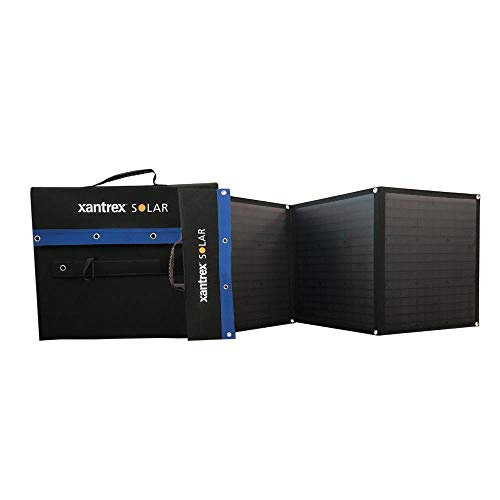user 32988
Well-known member
- Joined
- Oct 29, 2021
- Messages
- 491
- Reaction score
- 438
This is why you throw away the heads... The volatiles that turn vaporous at a lower temperature than water. You also don't want to distill 100% of your solution either... you want to leave the things that are harder to convert to gaseous form than water so need a higher temperature.Simple science says that distillation removes almost anything from the water, and boiling the water (which happens during the distillation process) kills any organisms in the water.
The only thing left are certain chemicals like benzine which will evaporate and condense before the water does, because of the lower boiling point. These chemicals can be removed by not condensing the water until it reaches the boiling point. The chemicals will boil out first.
Unless you are downstream from a location where solvents are used, your fine! And if you're in the woods, it's pretty much a sure thing that there's no
I'd be happy to try it.
Basically if you know your liquid solution is 90% water, then if you have 10 ounces of solution you will discard the first ounce and make sure that you leave at least one ounce at the end... otherwise you are just leaving behind the solids that won't turn gaseous but any other chemical contaminants that were in your water get condensed back into liquid form during the distillation process.
Please keep in mind this is massively oversimplifying distillation. To do it efficiently you should know the vaporization temperature of your target distillate and keep the temperature of the solution right... aannnd I could write a lot more about this but will just stop now. You would likely be better off buying a book about distillation and home brewing




























































